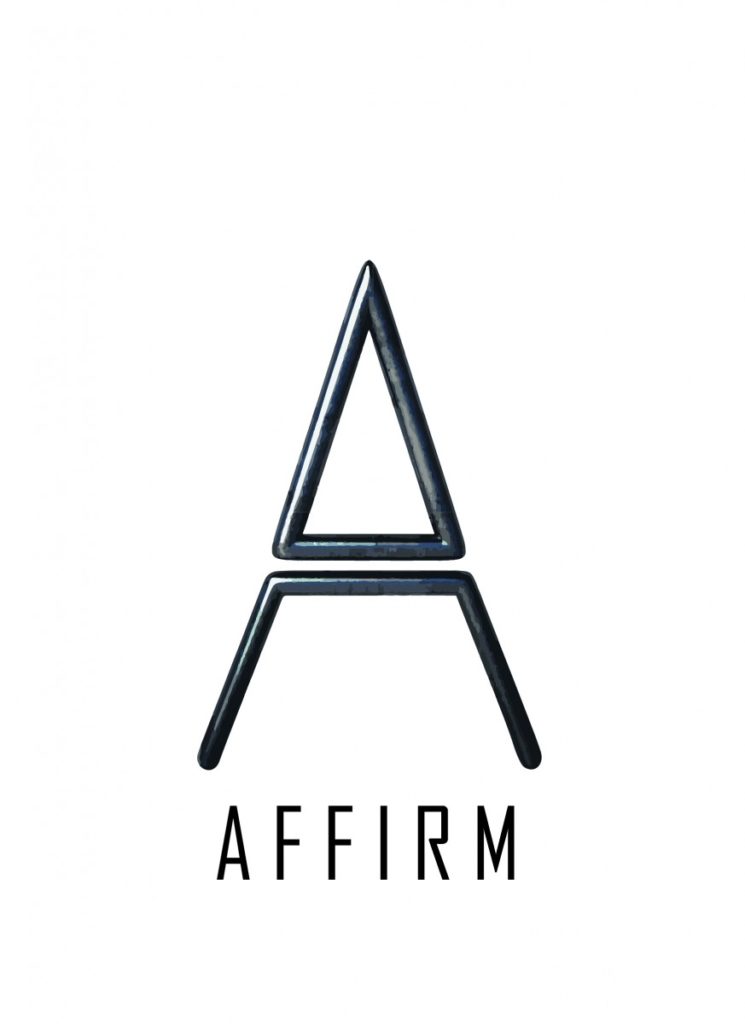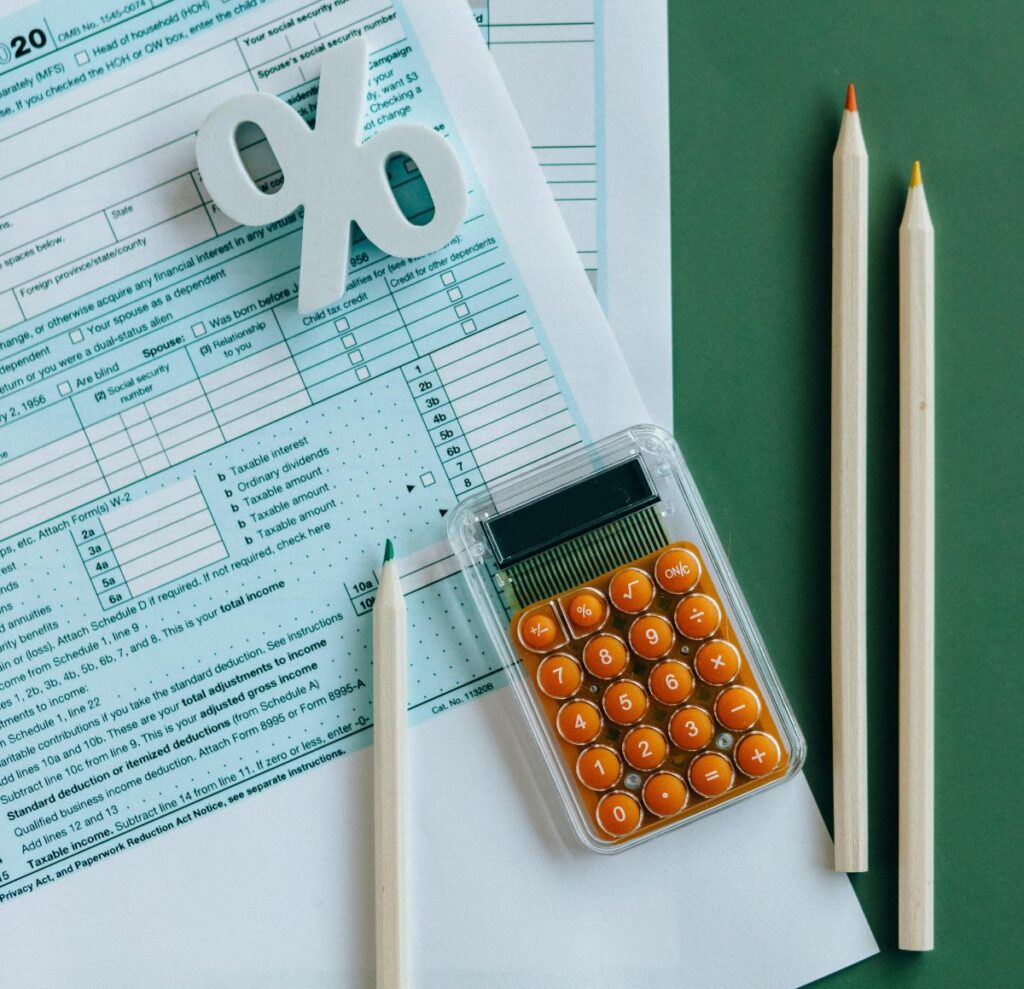The dreaded Canada Revenue Agency audit. Everyone, including us, get a bit anxious when we receive a letter from the CRA informing us that a client of ours is going to be visited by their staff to perform an audit of their financial records. But realistically, there shouldn’t be too much for us to worry about since we’ve all been through the process a number of times before.
What we’d like to be able to do in this blog post is to give you a bit guidance as to what you can expect and how the process works.
Desk Audits vs Full Audits
Generally speaking, a desk audit will look at a specific period of time and a specific issue. A common desk audit would be a payroll audit or a GST audit. The most common GST desk audit is when you file your first GST return and it’s in a refund position. The CRA will generally request for a description of your revenues and as well as the 10 largest invoices as well as the 10 largest supplier invoices that they can review to ensure that you’re calculating and remitting the GST appropriately.
A Full Audit will generally be for an entire fiscal year and can expand to include a Payroll and GST audit depending on what the income tax auditor discovers. A Full audit may involve having an Income Tax Auditor spend time in your offices. It should be noted that since the COVID-19 pandemic, there are been fewer in-person audits from the CRA.
How it starts:
You will receive a letter from the Canada Revenue Agency to let you know that you or your company has been selected to have an audit performed. Check the date of the letter. You generally are given 30 days to pull together the initial information that the auditor will require. Make sure that you notify your external accountant as soon as possible so that they can help you through this process.
The initial request will be to provide information for a particular period of time. There will be a request for tax returns as filed, the trial balance, general ledger. The time period requested, will generally be for one of the previous 4 years. The CRA has a mandate that they will not audit a period older than 4 years from the last year-end unless they discover something blatantly erroneous. Then they will look at older years.
Timing:
Any time an audit occurs, it generally isn’t a great time of year. And working with the auditor will take time away from you operating your business. However, there are times that are better than others. If it’s an exceptionally busy time for you and your business, you can request an extension of time to respond to the information request. Most auditors will appreciate that their timing may not work for you.
Tips in Working with the Auditors:
- Have the auditor explain things to you. Make sure you understand why they are asking for items and also use this time to help educate them on your business. In many instances, the auditors can help you with improving your accounting systems.
- When an auditor requests for information, make sure that they make the requests in writing. Verbal requests are common, but sometimes the auditor will request for information that they may or may not actually need for their auditing procedures. You should also respond to all requests in writing. You can respond verbally, but this should also be followed up in writing. If in the future, you need to rely or challenge something from this audit, you will need to have written support to support you claims.
- While the auditors are looking for errors, they can be useful to you and your business. If there is something that you may not have deducted from your income because you weren’t sure if it was an allowed deduction, ask them. If it is a deductible expense, they will help you adjust your return so that it reflects the additional expense.
- Don’t drag your heels when responding to their questions. If you know that it will take time to produce the information that they are looking for (i.e. need to request the information from storage; or if you are working on a larger project at work), let them know that it will take some time to get back to them.
- Just remember, that the longer that it takes to get back to them, there could be more areas that they will look at as they are waiting on your information.
Wrapping up the Audit:
Once an audit is completed, you’ll receive a letter from the auditor. It will summarize their findings and what the next steps would be. This will generally mean that the audit is finished.
If there were a number of errors found, you can expect that another CRA audit will likely happen in the near future. If the number of errors found were minimal, you shouldn’t expect to hear from the CRA for a number of years.
If a number of errors were found in your income tax audit, you can also expect to be contacted by the Payroll Auditors and the Excise Tax Auditors (GST/HST).

